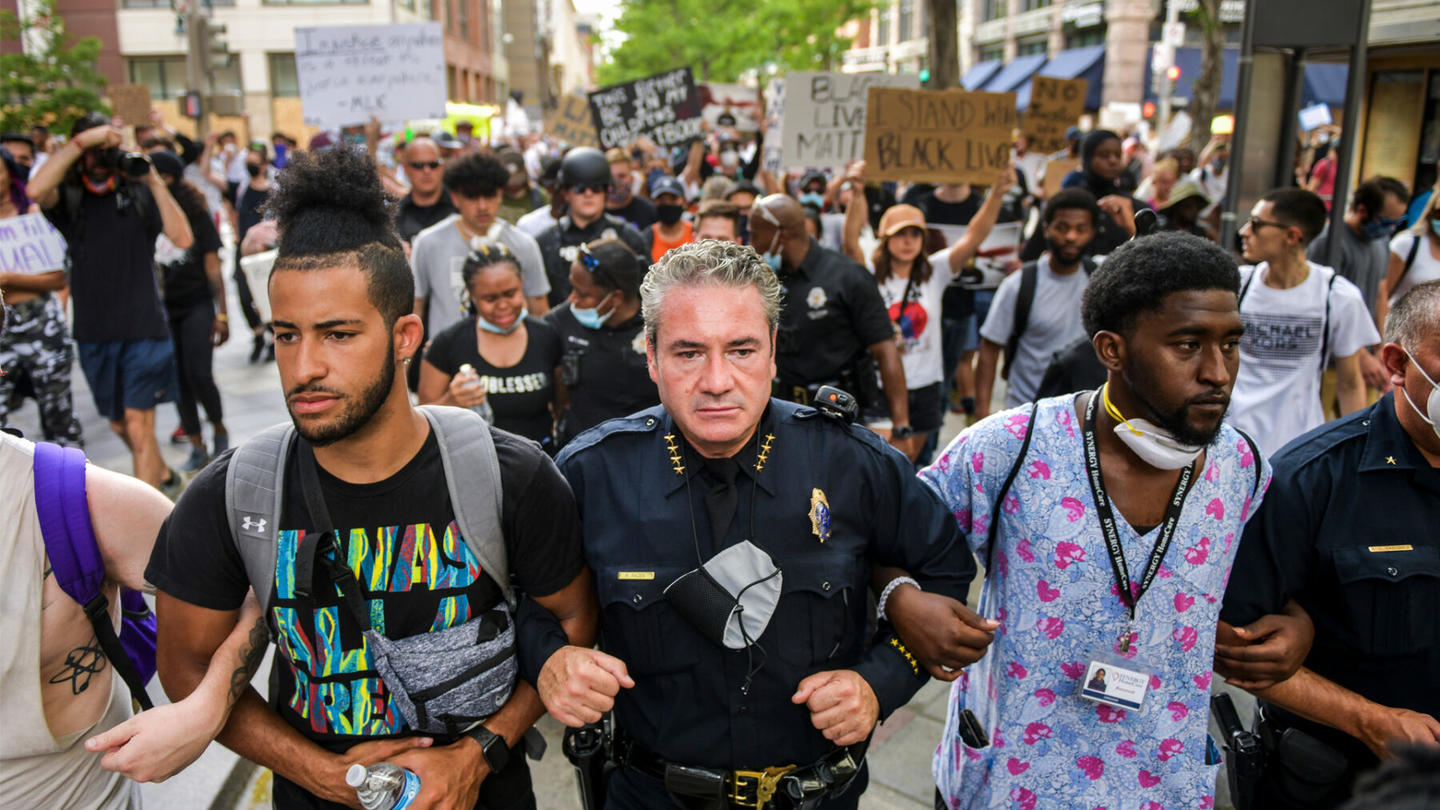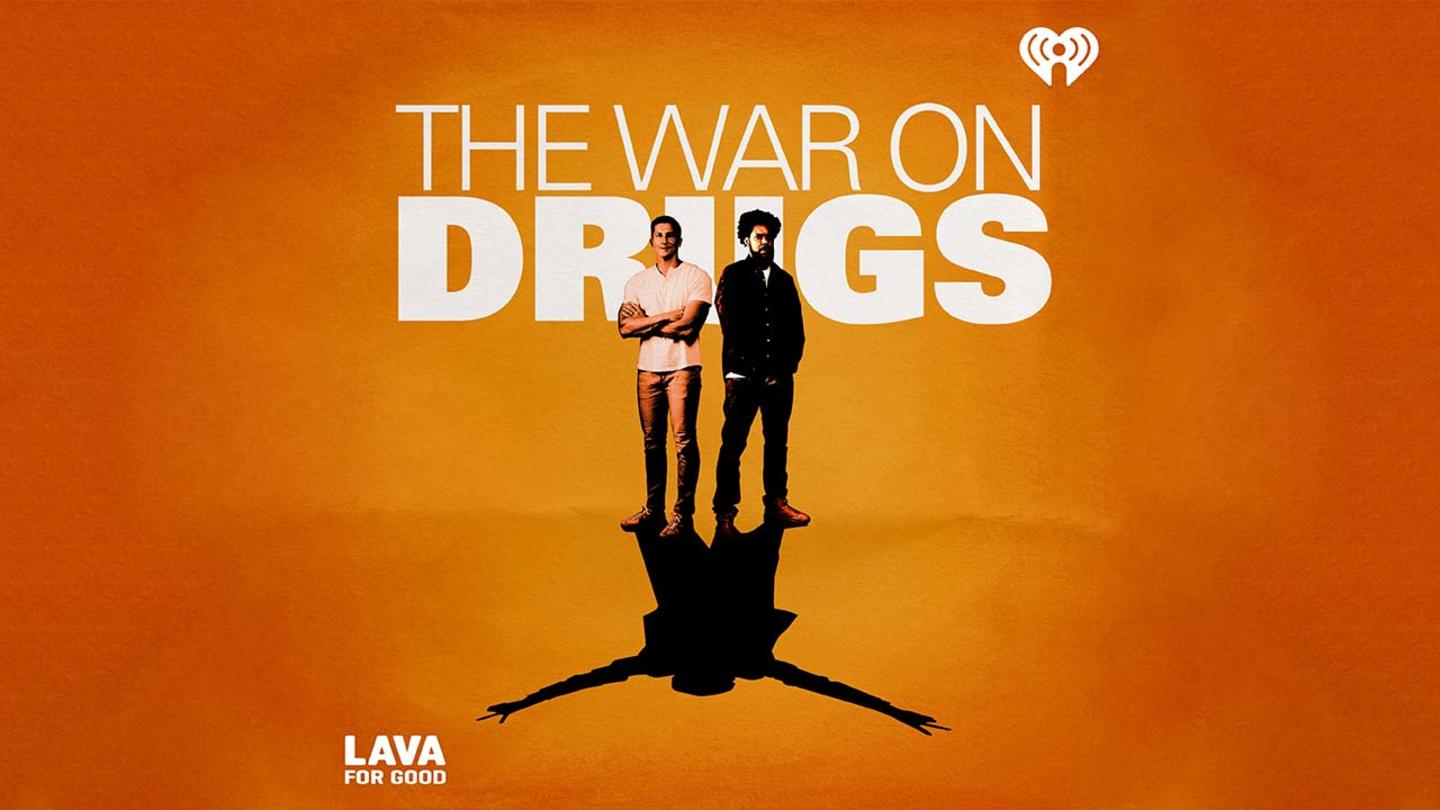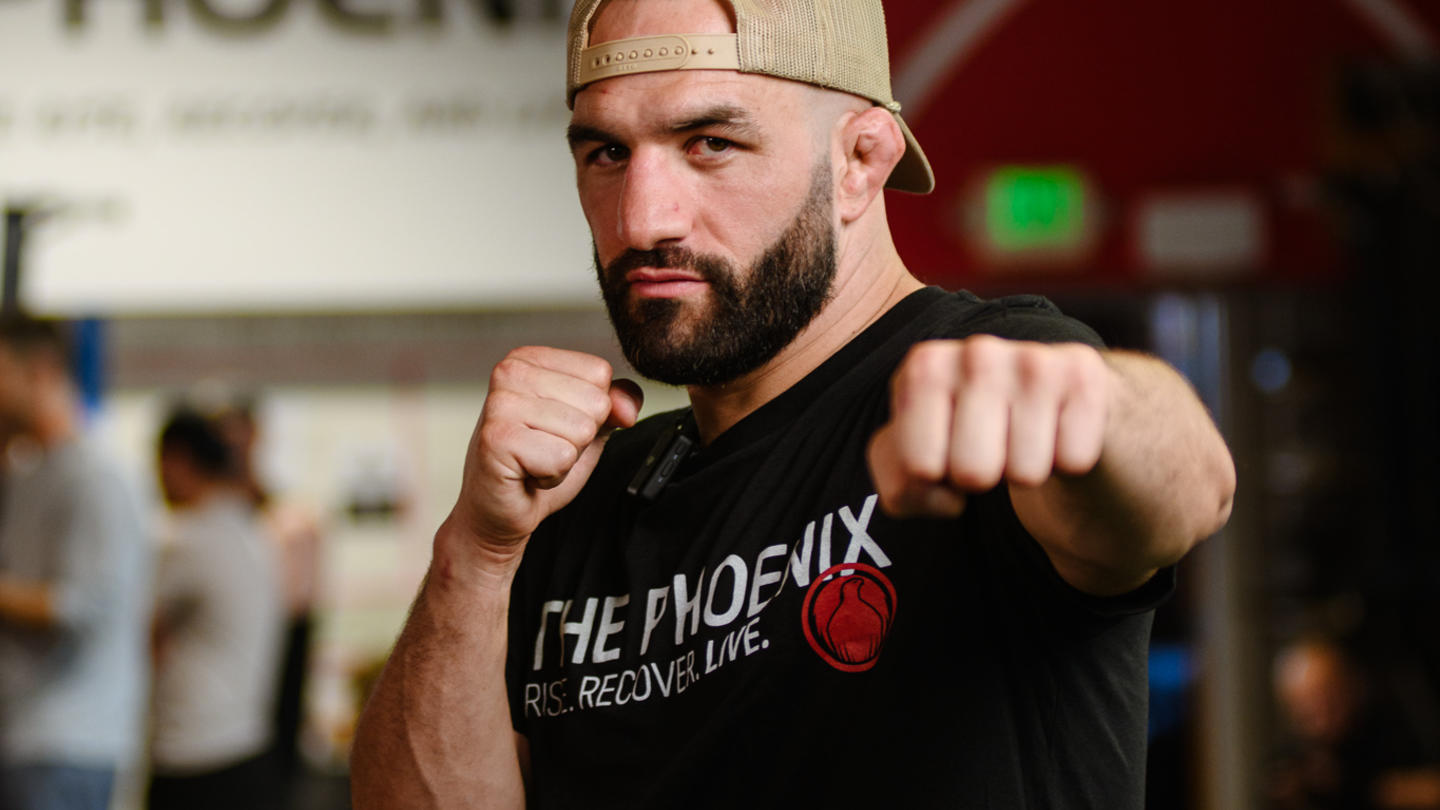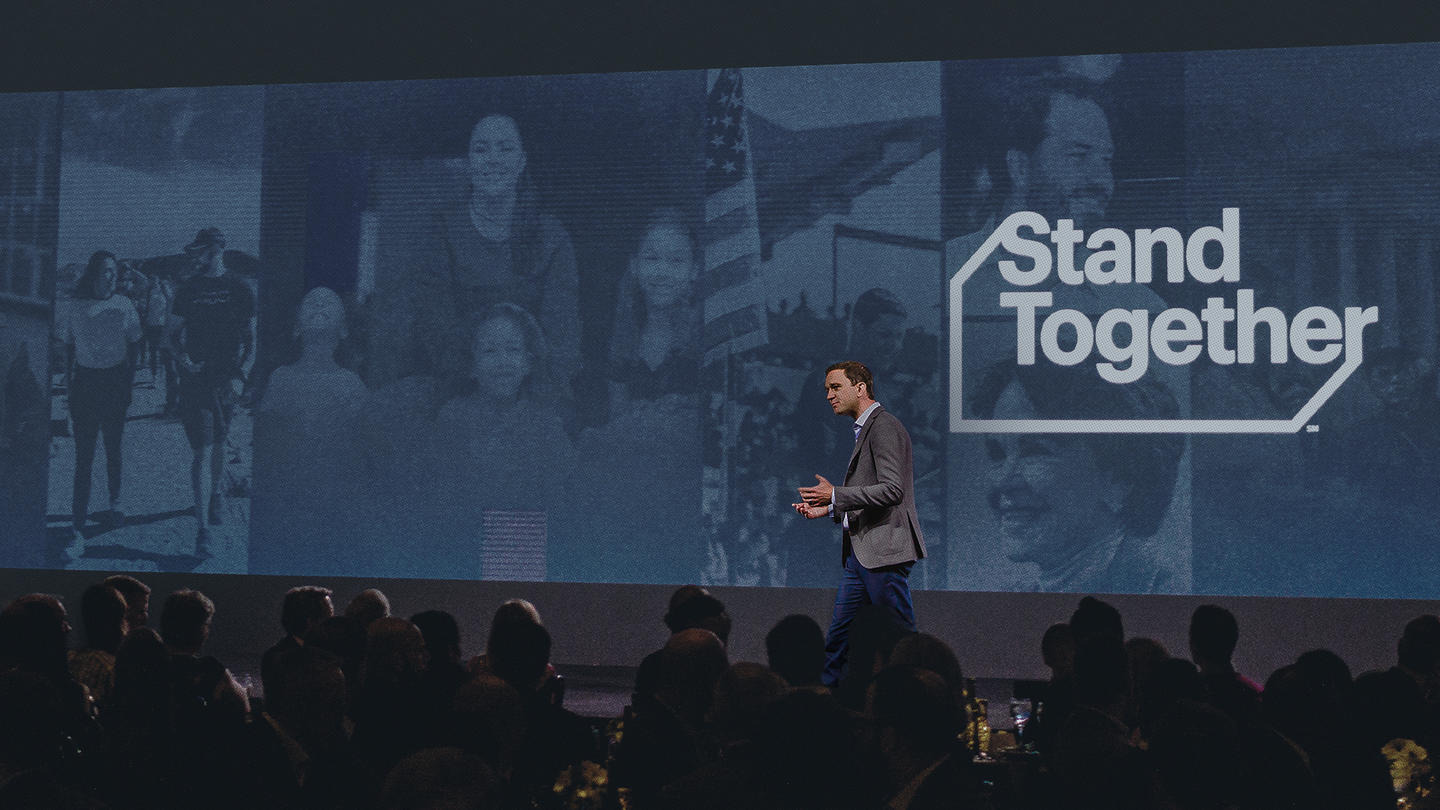The tragic and unnecessary deaths of George Floyd, Ahmaud Arbery, Breonna Taylor and too many others demonstrate that our country has a long way to go to live up to our ideal of equal justice under the law.
In recent years, a diverse group of lawmakers and organizations has committed to reforms in our criminal justice system. While some progress has been made, much more needs to be done.
We will be more effective if people who bring different perspectives but share a commitment to justice, unite in these efforts. Together, we can rise above those who seek to pit people against one another and achieve reforms that build on our country's strengths, even as we address its weaknesses. We reject the idea that if you are "pro-community" you must be "anti-cop." That is a false choice that serves to further entrench the status quo.
We seek a criminal justice system that respects human dignity, ensures equal justice under the law, and keeps communities safe. These goals are not mutually exclusive. Each is necessary to achieve the other. And they are grounded in the following beliefs:
- We believe every person should be treated equally based on their individual conduct, regardless of the color of their skin or the uniform they wear.
- We believe there are government officials who dutifully honor their sacred oaths of office but there are also those who do not. That includes police officers, prosecutors, judges, corrections officers, and other officials throughout the criminal justice system.
- We believe that when injustices hold people back, our entire country suffers. And that the recent tragedies highlight the problem of racism that has become institutionalized, in which public policies disproportionately harm minority communities – regardless of whether those enforcing the law intend to discriminate. This injustice, as with all injustice, must be eliminated. Doing so requires that we build on the strengths of our country and more fully embrace the ideal of equal justice, inclusion, and empowerment that unite us and have characterized our progress as a nation.
Today we call on policymakers who share these beliefs to enact the following reforms. Doing so will not only help to ensure equal justice under the law, but also empower police officers who respect the dignity of every person to keep our communities safe:
- Transform police culture to prioritize transparency and accountability with the public by addressing racism, recruitment practices, policies, training, tactics, and union contracts that protect bad actors in cases of misconduct.
- Remove structural barriers to good policing by reforming civil asset forfeiture, qualified immunity, and an overemphasis on ticketing or arrest numbers. Elevate alternative measures of success like community engagement and public safety.
- Eliminate unnecessary criminalization so that law enforcement can focus resources on preventing and solving serious crime, rather than having to address societal problems they are not trained for such as homelessness, mental illness, and substance abuse.
These reforms enjoy a broad diversity of support—from people and organizations with different perspectives, from scholars whose research shows they are more effective in keeping communities safe, and from the shared experience of police officers and people who have encountered injustice firsthand.
While these reforms alone will not fix every injustice, they are essential for our country to live up to the ideal of equal justice for all.
Learn more about Stand Together’s criminal justice efforts.



